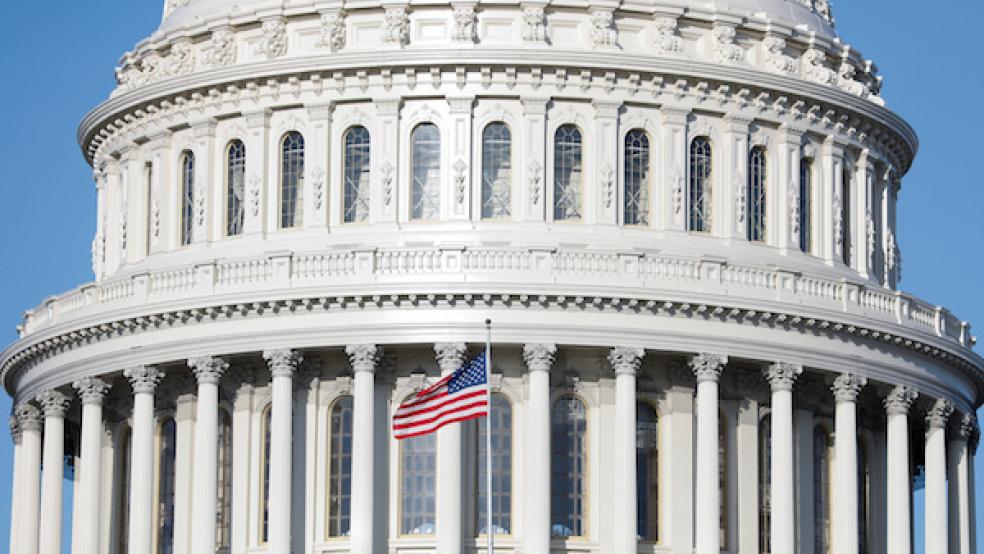The massive fiscal response to the coronavirus crisis will play a big role in driving federal deficits to an average of $2 trillion a year for the next 10 years, according to new projections from the non-partisan Committee for a Responsible Federal Budget.
“Both the economic crisis itself and the federal government’s aggressive response have massively expanded deficits,” CRFB said this week. “This borrowing is largely appropriate as deficit spending can help offset the negative economic effects of a recession and spread the costs of emergencies over time.”
But the huge increase in spending in response to the pandemic will drive up long-term deficits, CRFB said, and accelerate the growth of the national debt.
Some key points from the report:
- The response to the coronavirus crisis will increase the deficit by $5.7 trillion over 10 years, bringing the total deficit to $20 trillion over that time period.
- The deficit will come to 17.9% of GDP this year, and average 6.3% of GDP each year from 2021 to 2030.
- The deficit will exceed the size of the economy this year, and equal 118% of GDP by 2030 and 220% of GDP by 2050.
- Under an alternative scenario in which various temporary tax cuts are extended and Congress passes another $1 trillion stimulus package – both of which seem likely – the deficit would hit 131% of GDP by 2030 and 269% of GDP by 2050.




